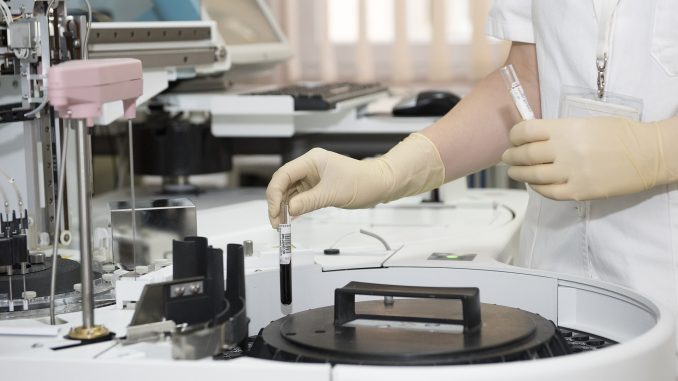
A new report released by the American Cancer Society has found that the number of cancer deaths has fallen by 33% since 1991 and this trend seems to be continuing.
According to the report, advances in treatment, more screening, and a drop in the number of smokers have all contributed to the continuously declining rate of lives lost to cancer.
An estimated 3.8 million lives were saved between 1991 and 2020 and, even in the most recent year that data is available – 2019 to 2020 – there was a 1.5% reduction in cancer deaths.
The data shows that the chance of being diagnosed with any type of invasive cancer in the US is now 40.9% for men and 39.1% for women. However, the report points out that early detection and other preventative measures have drastically reduced the mortality rate once diagnosed.
For example, the researchers note that HPV vaccinations have meant a 65% drop in cervical cancer rates between 2012 and 2019 for women in their early 20s.
Karen Knudsen, chief executive officer of the American Cancer Society said: “New revelations for prevention, for early detection, and for treatment have resulted in true, meaningful gains in many of the 200 diseases that we call cancer.
There are other cancers that are HPV-related – whether that’s head and neck cancers or anal cancers – so there’s optimism this will have importance beyond this.”
The US cancer rate increased during the 20th century and this was mostly driven by lung cancer caused by smoking. Since then, smoking rates have fallen and this, combined with better treatment options and early detection, has meant this trend has now reversed.
The survival rate for all types of cancers was 68% between 2012 and 2018, compared with 49% in the 1970s. The cancers with the highest survival rates are, according to the report, thyroid at 98%, prostate at 97%, testis at 95%, and melanoma at 94%. The survival rates are currently the lowest for cancers of the pancreas, at 12%.


Leave a Reply